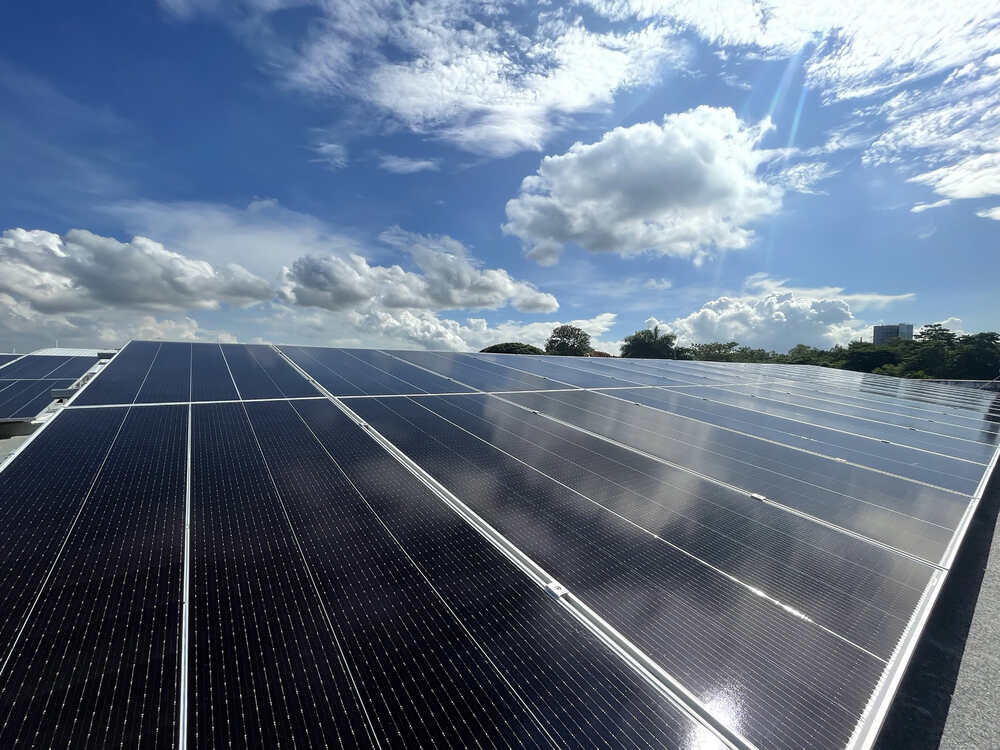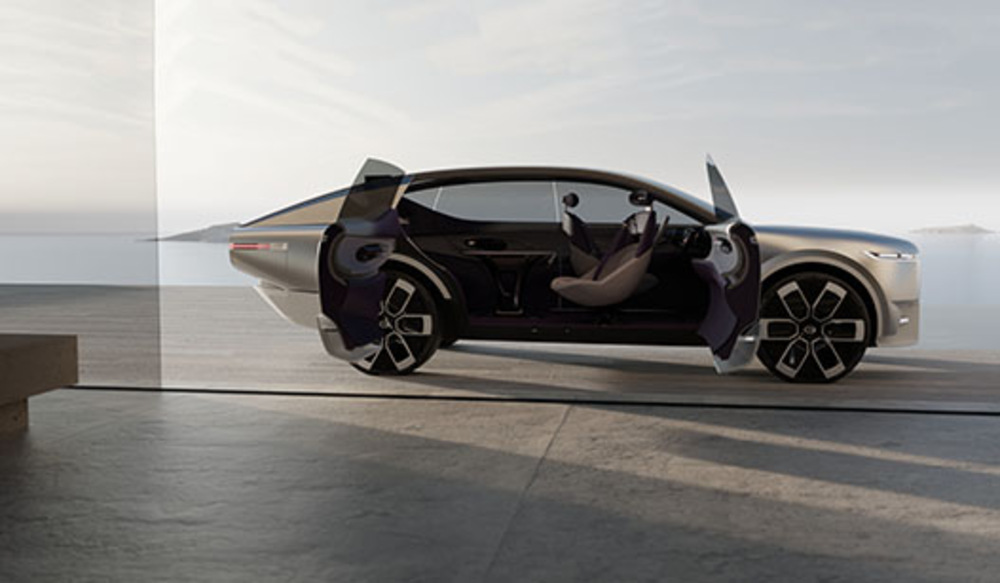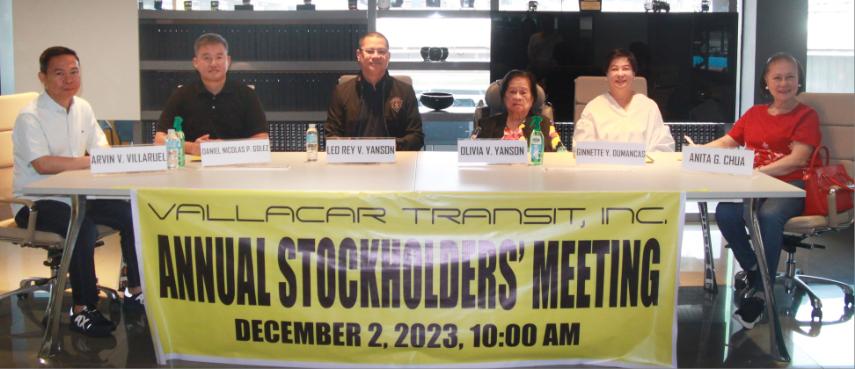TOYOTA Motor Philippines (TMP) isn’t just about putting Filipinos on the road; they’re also aiming to be champions of sustainable mobility, even within their Sta. Rosa factory and warehouses.
With ambitious plans to transform their Philippine facilities into eco-friendly powerhouses, TMP is driving towards a future where cars and the environment can coexist in harmony. And adjusting their schedule from 2050 to 2035.
Starting December 26, 2023, TMP’s Santa Rosa City factory will run virtually on sunshine and wind, complementing the existing 1.46-megawatt rooftop solar power system that cost P94 million. Through a Retail Supply Contract (RSC) with Team (Philippines) Energy Corporation TMP is guaranteed that every Renewable Energy (RE) megawatt-hour produced will be backed by an I-REC(E) certificate, verifiable proof of its sourcing from a domestic renewable energy plant.
This ambitious step will catapult TMP to achieve a remarkable 100 percent RE ratio, effectively neutralizing their Scope 2 emissions and solidifying their position as a champion of sustainability.
This is to align the new target of Toyota to reduce the carbon dioxide (CO2) emissions of all its manufacturing plants globally. The local manufacturer of the Vios and Innova said last year that after increasing its solar power system’s capacity by 0.46 megawatt thus also increased its RE ratio by 18 percent. Now it aims to use more of the potential 2 million kilowatt-hours of derivable clean energy from its location in Laguna.

TMP’s onsite solar facility contributes to 7-10 percent of the total energy requirement for manufacturing & non-manufacturing operations, reducing its carbon dioixide emissions by as much as 1,400 tons per year. This is equivalent to 2.9 million trees planted over 20 years.
Originally set to 2050, TMP wants to achieve carbon neutrality by 2035. Their successful “Plant Zero CO2 Emissions” initiative, cutting out emissions at every stage of production include energy-efficient machinery, renewable energy sources and optimized, resource-friendly processes is now augmented by the Team PH RSC deal.
“This energy transition is a milestone for TMP and our mission to address climate change,” declared TMP President Atsuhiro Okamoto. “It makes our Philippine plant a frontrunner for Toyota in the ASEAN region, achieving the 100% RE ratio target ahead of schedule.”
But TMP’s green ambitions stretch beyond immediate needs.
Decarbonizing all remaining energy sources in their manufacturing process, tackling petrol generators, ovens, and painting boilers are part of the clean-up plan. This unwavering commitment aligns with Toyota’s global initiative — the Toyota Environmental Challenge (TEC) 2050.
Okamoto, in an interview during the Yaris Hybrid launch this year said that TMP’s dedication to sustainability is not only with its vehicles, or its plants but also extends beyond its own walls. Recognizing the interconnectedness of the automotive ecosystem, the company is actively engaging their supply chain, logistics, and dealer networks in the decarbonization journey. Several local Toyota suppliers and dealers, inspired by TMP’s leadership, have already implemented energy efficiency and RE initiatives. Some, like Denso Ten Philippines and Toyota Global City, are even aiming for their own 100 percent RE goals.
Furthermore, TMP ensures stringent environmental compliance across their network. All Toyota suppliers and established dealers, including Lexus Manila, are ISO 14001 certified, adhering to Toyota’s Green Purchasing Guidelines and Asia Pacific Eco-Dealership Program.
TMP’s manufacturing philosophies and practices have already, for the longest time, been cognizant of maximizing resources. Its just-in-time inventory system has become a common practice in the automotive industry.
As the car brand is a big fan of “reuse, reduce, recycle,” TMP has also been implementing waste reduction programs across the board, minimizing packaging materials and even figuring out ways to reuse scrap metal. That’s not all — robust recycling programs ensure a second life for various materials, and TMP is even exploring resource sharing with suppliers, turning yesterday’s waste into tomorrow’s building blocks.





